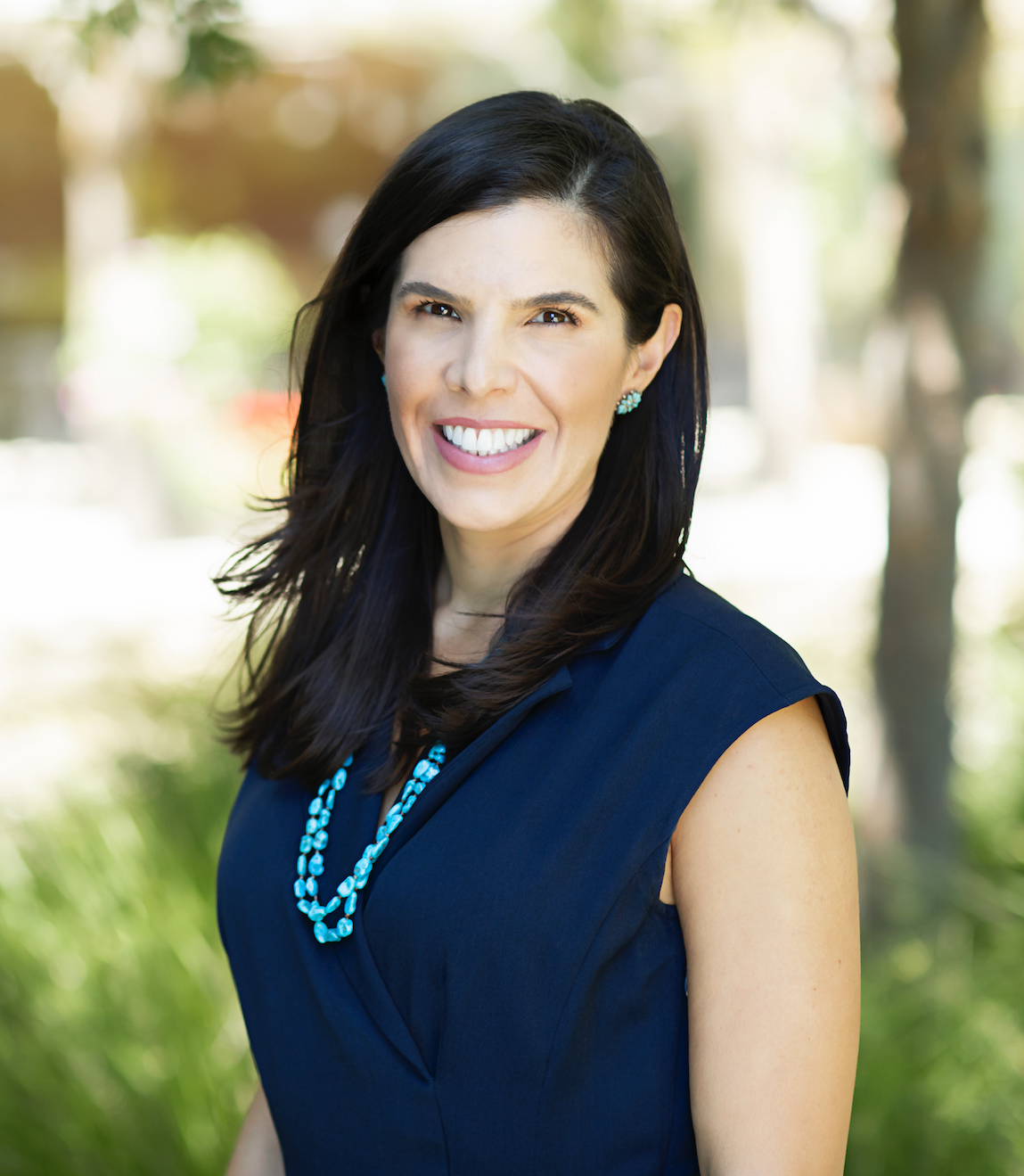Native American Heritage Month and Transgender Day of Remembrance

Dear BCHSI Community,
At this time of year, we would like to take a moment to share our gratitude to our health science community, which consistently strives to advance health equity and improve outcomes for vulnerable and marginalized populations. This season offers an important opportunity for learning and reflection as we honor both Native American Heritage Month and Transgender Day of Remembrance (TDOR)—two observances that highlight resilience, courage, and the ongoing struggles for justice and recognition.
Native American Heritage Month
Native American Heritage Month, celebrated every November, is a time to honor the rich cultures, histories, and contributions of Indigenous peoples across the United States. The month traces its origins back to 1915 when Dr. Arthur C. Parker, a Seneca historian, and Reverend Sherman Coolidge, an Arapaho minister, advocated for recognition of Indigenous history. President George H.W. Bush officially designated November as Native American Heritage Month in 1990.
Key Themes and History
Native communities have endured centuries of systemic oppression, including forced displacement, assimilation policies, and cultural erasure. Despite these challenges, Native peoples have preserved vibrant traditions, languages, and practices while contributing significantly to areas such as science, medicine, art, and governance.
Health Disparities in Native Communities
Native Americans face significant health disparities, including higher rates of chronic diseases and limited access to healthcare, as well as historical mistrust of medical institutions. Celebrating Native American Heritage Month provides an opportunity for health professionals to learn about these inequities, act as allies to their Indigenous co-staff, faculty and learners and explore ways to provide culturally competent care.
Events and Opportunities to Learn
- Local Powwows and Cultural Events: Many communities host powwows, art exhibitions, and storytelling events to share Native traditions and heritage.
- Educational Initiatives: Universities and organizations offer webinars, panel discussions, and resource guides focusing on Indigenous history and health.
- Native American Health Alliance at UCSF (NAHA)
- UCSF Land Acknowledgment
- Calli: The Art of Xicanx Peoples - UCSF Around the Bay - Thursday, November 21, 6:30pm to 9:00pm, Oakland Museum of California, 1000 Oak Street
- See the UCSF Multicultural Resource Center’s website for other related resources.
Faculty Highlight Advancing Health Equity
 Dr. Tasce Bongiovanni, MD, MPP, MHS is an Assistant Professor, acute care and trauma surgeon and critical care specialist who cares for patients with acute surgical needs or who are critically ill at UCSF Parnassus. She also treats patients with traumatic injuries at Zuckerberg San Francisco General Hospital and Trauma Center.
Dr. Tasce Bongiovanni, MD, MPP, MHS is an Assistant Professor, acute care and trauma surgeon and critical care specialist who cares for patients with acute surgical needs or who are critically ill at UCSF Parnassus. She also treats patients with traumatic injuries at Zuckerberg San Francisco General Hospital and Trauma Center.
In research, Dr. Bongiovanni studies pain control in the postoperative period, focusing especially on older adults. She also conducts health services research with the aim of improving quality and access to care for vulnerable populations. Her primary research goals are developing patient-centered care and improving outcomes for surgical patients.
Dr. Bongiovanni was named a John A. Watson Faculty Scholar. As a co-Chair of the Native American Health Alliance, she works to elevate issues related to Native American health care and representation at UCSF and is also active on Twitter @TasceB.
Related Publications
- Lessons learned from academic medical centers' response to the COVID-19 pandemic in partnership with the Navajo Nation. PLoS One. 2022; 17(4):e0265945. Bongiovanni T, Shamasunder S, Brown W, Rivera Carpenter C, Pantell M, Ghali B, Harrison JD. PMID: 35381019; PMCID: PMC8982841.
- Cultural influences on willingness to donate organs among urban native Americans. Clin Transplant. 2020 03; 34(3):e13804. Bongiovanni T, Rawlings JE, Trompeta JA, Nunez-Smith M. PMID: 31999875.
- American Indian and Alaska Natives in the US Physician Workforce. Physician Workforce Diversity. 2024 Oct 22; 307-338. Grellinger GE, Blumenshine BD, Lakatos LK, Warren WB, Bongiovanni BT
Transgender Day of Remembrance (TDOR)
Observed annually on November 20, Transgender Day of Remembrance memorializes transgender, nonbinary, and gender nonconforming individuals who have lost their lives to anti-transgender violence. TDOR was founded by transgender advocate Gwendolyn Ann Smith in 1999 to honor Rita Hester, a Black transgender woman murdered in Massachusetts. It has since grown into a global observance.
The Struggles of Transgender Communities Transgender individuals face high levels of discrimination, violence, and systemic barriers to healthcare, housing, and employment. The American Medical Association has declared violence against transgender individuals an epidemic, with transgender women of color particularly at risk.
Health Disparities in Transgender Communities Transgender individuals often encounter barriers to accessing competent and inclusive healthcare. These include lack of insurance coverage for gender-affirming care, stigma within medical institutions, and limited research on transgender health. TDOR serves as a reminder of the urgent need to improve care and outcomes for this community.
Events and Opportunities to Reflect
- Vigils and Memorials: Communities worldwide hold candlelight vigils, poetry readings, and marches to honor those lost.
- Educational Campaigns: Organizations like the Human Rights Campaign and Transgender Law Center provide resources and host events to raise awareness about transgender issues.
- Transgender Day of Remembrance Rally in San Francisco: Today (November 20th) San Francisco, and the rest of the world, will observe the annual Transgender Day of Remembrance (TDoR) to honor those we have lost and build momentum to end the ever-increasing violence against trans and GNC communities. Details here on rally and event (5:30 pm Rally in front of SF City Hall, 6:00 pm March from City Hall to the main event venue)
Faculty Highlight Advancing Health Equity
 Dr. Chase Anderson, MD, MS is an Assistant Professor in Child and Adolescent Psychiatry. His interests in medicine revolve around mental health and advocacy for LGBTQ+ and minoritized populations. His research and publications focus on sexual and gender minority communities.
Dr. Chase Anderson, MD, MS is an Assistant Professor in Child and Adolescent Psychiatry. His interests in medicine revolve around mental health and advocacy for LGBTQ+ and minoritized populations. His research and publications focus on sexual and gender minority communities.
Outside of the hospital, Dr. Anderson likes to write op-eds about race, LGBTQ+ matters, diversity, minority stress and was named a John A. Watson Faculty Scholar. Dr. Anderson is also active on Twitter @ChaseTMAnderson and Instagram @AresTMusesDreamCooper speaking about racism, homophobia, and bigotry in medicine and the wider world.
 We would also like to acknowledge Dr. Jack Turban, a child and adolescent psychiatrist at UCSF, who is also the Medical Director of The Gender Psychiatry Program. A longtime advocate for gender diverse and transgender youth, he has worked tirelessly to support the mental health of LGBTQ+ youth impacted by discrimination. His work has been featured in outlets such as The New York Times, The Washington Post, and he has published numerous articles around gender-affirming support and care. Watch Dr. Turban's recent interview on Science and Controversy on Transgender Health with Dr. Mike
We would also like to acknowledge Dr. Jack Turban, a child and adolescent psychiatrist at UCSF, who is also the Medical Director of The Gender Psychiatry Program. A longtime advocate for gender diverse and transgender youth, he has worked tirelessly to support the mental health of LGBTQ+ youth impacted by discrimination. His work has been featured in outlets such as The New York Times, The Washington Post, and he has published numerous articles around gender-affirming support and care. Watch Dr. Turban's recent interview on Science and Controversy on Transgender Health with Dr. Mike
Related Publications
- Psychedelic-assisted therapy among sexual and gender minority communities. Nature Mental Health. 2024. Hanshaw, B.D., Fusunyan, M., Anderson, C.T.M., Turban, Jack. View Publication.
- Gender Identity and Ethnoracial Disparities in Conversion Effort Exposure. Am J Public Health. 2024 05; 114(5):455-457. Turban JL, Anderson CTM, Spetz J. PMID: 38598764; PMCID: PMC11008289.
- Sexual and Gender Diversity in Pediatric Neurology: Why We Care. Pediatr Neurol. 2023 Aug; 145:28-29. Christy A, Martindale J, Hranilovich J, Orozco-Poore C, Kernan-Schloss F, Anderson CTM, Strober J, Mitchell W, Lerario MP. PMID: 37257397.
- Taking Back Our Voices - #HumanityIsOurLane. N Engl J Med. 2020 Oct 22; 383(17):1609-1611. Anderson CTM. PMID: 32603037.
Intersectionality and Advocacy
This time of year also invites reflection on the intersectionality between these two communities. Two-Spirit individuals, for example, embody Indigenous concepts of gender diversity that existed long before colonial frameworks imposed binary gender norms. Acknowledging this intersection highlights the broader need to honor diverse identities and experiences.
How We Can Make a Difference
- Education: Learn about the history, contributions, and ongoing struggles of Native and transgender communities.
- Advocacy: Support policies and initiatives aimed at reducing health disparities, promoting inclusivity, and addressing systemic inequities.
- Engagement: Participate in events, donate to organizations that uplift these communities, and amplify their voices.
By taking time to reflect, learn, and act, we can contribute to a future where all communities are celebrated, supported, and empowered to thrive authentically and courageously.
Sincerely,
Will Brown
William Brown, III, PhD, DrPH, MA (he/him)
-Associate Professor of Medicine and Epidemiology & Biostatistics
-Director of Diversity, Equity and Inclusion (DEI) at Bakar Computational Health Science Institute (BCHSI)
-Founding Director, Clinical and Observational Data Excellence (CODE) Lab - code.ucsf.edu
-Co-Director, Data Science Training to Advance Behavioral and Social Science Expertise (DaTABASE) for Health Disparities Research
-Associate Director, Research Coordination and Data Management Unit, Research Coordinating Center to Reduce Disparities in Multiple Chronic Diseases (RCC RD-MCD)
-Implementation Science Lead, Center for Digital Health Innovation
Center for AIDS Prevention Studies | UCSF Prevention Research Center | Center for Vulnerable Populations | Division of Prevention Science | Dept. of Medicine | School of Medicine | University of California, San Francisco
